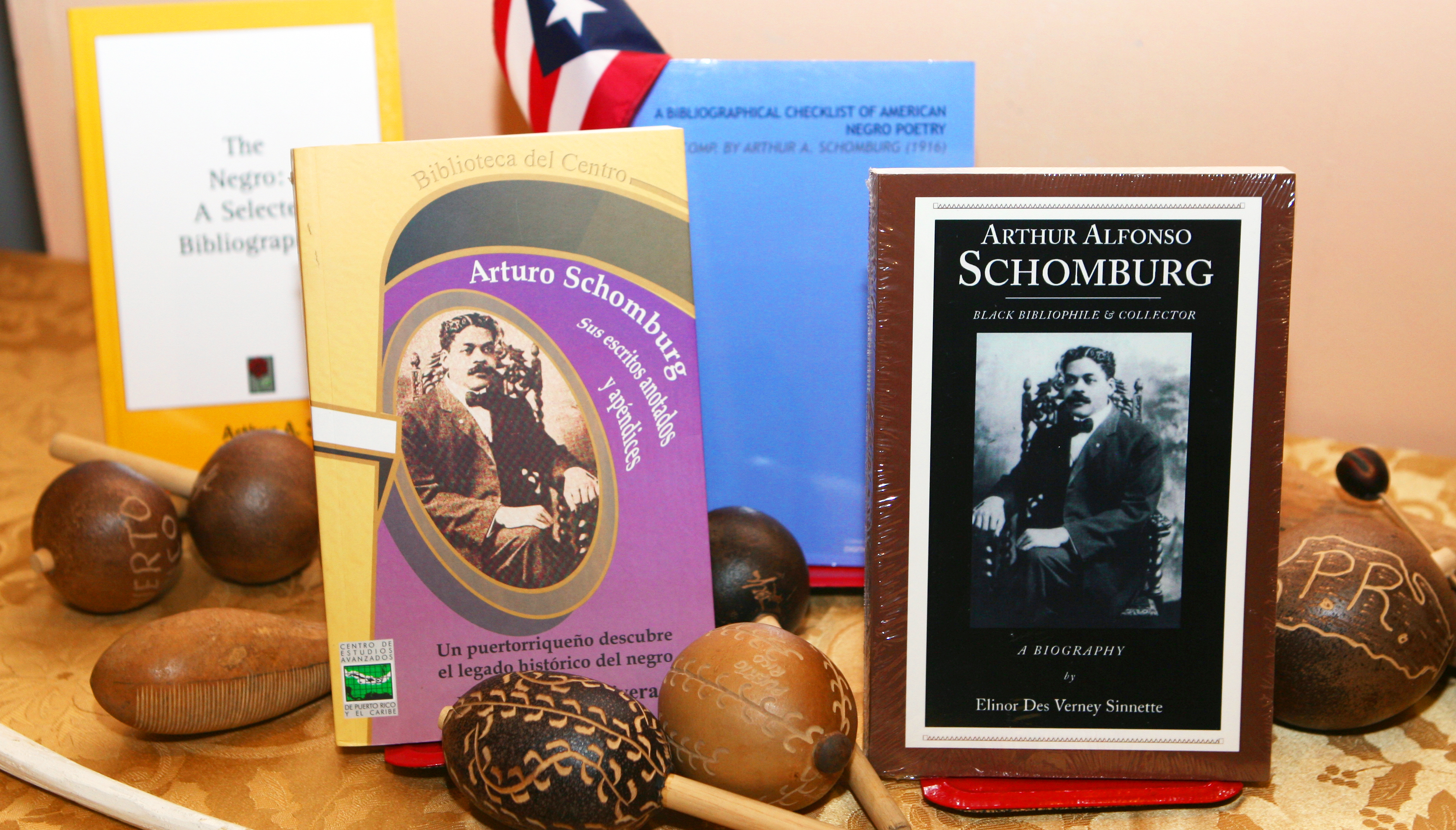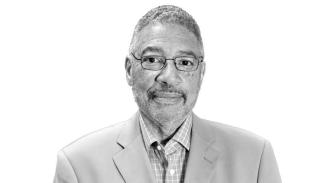
[OP-ED] The Puerto Rican Who Inspired The Collection of Black History
Latino Slices Of Black History Month
The Charles L. Blockson Afro-American Collection is one of the world’s most prestigious private collections of Black Historical items.
This collection housed on Temple University’s main campus in North Philadelphia contains over 500,000 items dating from 1581 that range from rare books to art works.
Blockson was stimulated as a child to start collecting items related to blacks in America and around the world after a teacher in his hometown of Norristown, Pa declared blacks didn’t have any history beyond serving whites.
However, a critical impetus for the life’s work of historian, teacher, activist Blockson came from New York City, specifically the extraordinary efforts of a man born in Puerto Rico – Arturo Alfonso Schomburg.
“Schomburg is one of Charles Blockson’s role models,” Blockson Collection Curator, Dr. Diane Turner, said.
Turner praised Schomburg as “one of the most renowned” Black bibliophiles and collectors who “devoted his life” to gathering materials documenting Black life. The materials collected by Schomburg, who came to NYC in 1891, are the foundation of the world-renowned Schomburg Collection in Harlem, a part of the NYC public library system. The Schomburg contains 10-million items.
Schomburg, like Blockson, began his collection odyssey after teachers in his hometown of San Juan declared blacks had no history or worthy achievements.
Schomburg proudly defined himself as an Afro-Puerto Rican, the son of a black mother from St. Croix and a Puerto Rican father of German ancestry. (In 1560 Puerto Rico had 15,000 Africans and only 500 whites.)
Schomburg was very active in the liberation movements in Puerto Rico and Cuba – then colonies of Spain at the time he moved to NYC.
RELATED CONTENT
Blacks in America and the Caribbean have maintained a keen interest in the plight of Cuba and Puerto Rico for over a century.
Dr. Carter G. Woodson, the founder of America’s now Black History Month celebration, documented the customs of blacks in Cuba and travelled to that island in 1928 to collect source material.
Marcus Garvey, the Jamaican who founded the UNIA – the largest blacks rights organization in the history of the world – decried the wanton murders and discrimination directed towards dark skinned peoples in “Cuba and in countries of South and Central America” when he petitioned the League of Nations in 1928 for that body to cede a former German colony in southern Africa to blacks. The Euro-American dominated League gave that territory to racist South Africa.
The rarely referenced 1951 petition sent to the United Nations that charged the U.S. government with genocide against African-Americans specifically condemned the subjugation of Puerto Rico’s citizens by the United States government.
That petition’s introduction blasted the U.S. government’s “cruel and inhumane policy” toward “the people” of Puerto Rico, assigning impoverishment there to “exploitation and oppression by gigantic American concerns.”
That petition, signed by over 90 black-&-white activists from NY to Hawaii, also criticized American imperialism for subjugation of the “Cuban peoples…”
Blockson Collection Curator Diane Turner said, “more scholarship is being produced about the historic connections between Blacks and Latinos.”










LEAVE A COMMENT: